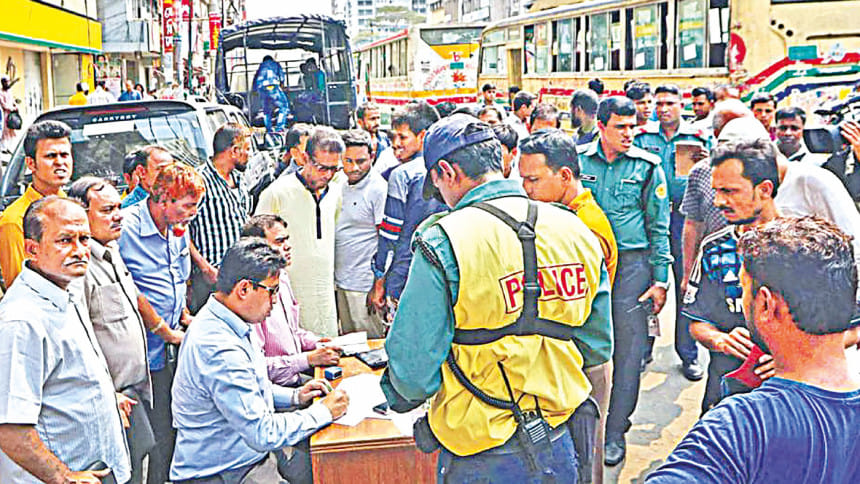Remedy against conviction by mobile courts

The Mobile Court Act, 2009 has elaborately discussed the definition, function, procedure, and power of the mobile courts. This Act empowers executive magistrates to take into cognizance and try offences instantly.
Section 7 of the Act states that punishment may be conferred on the basis of confession. If the accused does not confess, the magistrate may either discharge him or refer the case to the appropriate court. Again, the executive magistrate is empowered to punish a person when the offence has been committed in his presence while conducting the Court.
However, section 13 of the Act has provided the scope of challenging the conviction passed by the mobile courts. If any person is aggrieved by the decision of the court, they may file an appeal before the district magistrate. The district magistrate may himself dispose of the petition or transfer the same to the additional district magistrate.
The Act further leaves the avenue of filing a revision to the sessions judge against the decision of the district magistrate or additional district magistrate, as the case may be.
Again, any aggrieved person may also file an application for the quashment to the High Court Division of the Supreme Court challenging the judgment of the sessions judge or additional sessions judge, as the case may be, under section 561A of the Code of Criminal Procedure, 1898.
In a recent case of Md. Asif Ahammed v The State (2023), the convict filed an application under section 561A of the Code of Criminal Procedure before the High Court Division. The Court found that the petitioner has been convicted and sentenced by the mobile court without complying with the mandatory provision of Mobile Court Act, 2009, and eventually the Court quashed and set aside the order passed by the executive magistrate.
Besides, as per article 102 of the Constitution of Bangladesh, the aggrieved person can file a writ petition before the High Court Division for redressing illegality or grievous irregularity in the proceeding of the mobile court. The Court is empowered to pass such directions or orders as may be appropriate for the enforcement of any of the fundamental rights conferred by Part III of the Constitution.
These legal provisions shall enlighten an aggrieved person to avail remedy against any conviction passed by the mobile court.
The Writer is a Student of Law, University of Dhaka.

 For all latest news, follow The Daily Star's Google News channel.
For all latest news, follow The Daily Star's Google News channel. 



Comments